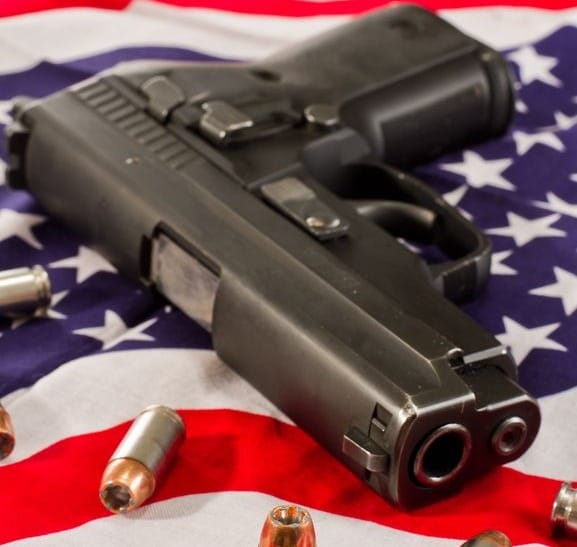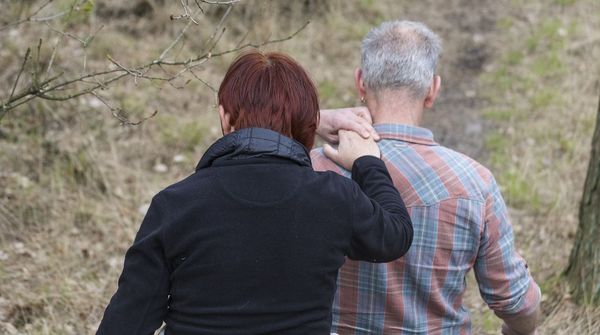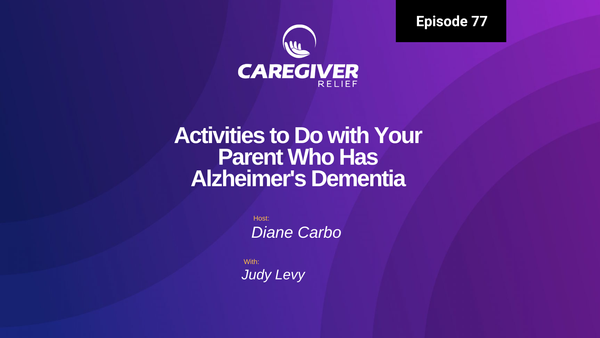Guns and Dementia: A Complex Medical Issue
Studies have found that caregivers and gun owning family members, living with someone with dementia, did not remove or lock up their firearms. Learn why this poses a risk and how healthcare professionals are working to educate on responsible gun safety in dementia care

Betsy writes,
My husband has been diagnosed with dementia. We are moving into the middle stages of dementia. My husband has always owned guns.
My concern is that my husband, Duane, is starting to have some very challenging behaviors. There are times when he is lucid and aware of his surroundings. Then, there are times when he becomes irrational. To be honest, there are times when his behaviors are frightening.
Duane has recently become obsessed with his guns. We have a gun safe where most of the guns are stored. However, Duane also has displayed guns in his study.
Betsy,
Your concerns are valid and important to address. Managing firearm safety in a household with someone living with dementia, especially as the disease progresses, is a critical topic.
Thank you for sharing your situation. The challenges you’re facing as your husband, Duane, progresses into the middle stages of dementia are significant, and it’s clear that you are prioritizing his safety and well-being, as well as your own.
Given Duane’s increasing interest in his firearms and the behavioral changes you’ve described, your concerns are well-founded.
Warm Regards,
Diane Carbo RN
Understanding the Risks
As dementia progresses, changes in reasoning, memory, and behavior can lead to unpredictable and potentially dangerous situations. These changes can include aggression, paranoia, or delusions, which might increase the risk associated with firearm access. Even if Duane has moments of lucidity, his ability to consistently make safe, logical decisions may no longer be reliable.
Moreover, studies show that older adults, particularly those with cognitive decline, are at a higher risk of both accidental and intentional firearm injuries. It’s not just about self-harm or harming others; sometimes, the presence of a gun can escalate a situation that might otherwise be manageable.
Practical Steps for Safety
To create a safer environment while respecting Duane’s history and attachment to his firearms, consider the following steps:
- Secure All Firearms: While you mentioned having a gun safe, it’s crucial to ensure that all firearms—displayed or stored—are completely inaccessible to Duane. Use a high-security lock or remove the keys and combination from his knowledge.
- Remove Ammunition: Separating guns from ammunition can further reduce the risk. Storing ammunition in a separate, locked location may help ease your concerns while addressing safety.
- Consider Firearm Removal: If Duane’s obsession with his firearms persists, you might consider temporarily or permanently removing the firearms from the home. Discuss this decision with trusted family members or law enforcement, who may offer voluntary firearm storage options.
- Involve a Healthcare Professional: Reach out to Duane’s healthcare team to discuss your concerns. They can help you navigate the conversation about firearm safety and may provide resources or support.
- Communicate with Compassion: If Duane becomes upset about firearm restrictions, frame the conversation around protecting him and others, emphasizing your shared commitment to safety and well-being.
Why Healthcare Professionals Ask About Guns
Healthcare professionals often ask about firearm ownership in households with dementia patients because their goal is to ensure safety. While these questions may feel invasive, they are rooted in concerns about the risks that firearms can pose as cognitive decline progresses. Understanding this perspective can help you approach this sensitive issue with more confidence and support.
Resources for Support
You are not alone in facing these challenges. Organizations like the Alzheimer’s Association and local caregiver support groups can provide guidance and a listening ear. Additionally, consider exploring educational resources about managing safety concerns in dementia care.
Final Thoughts
Your proactive approach to this sensitive issue shows your dedication to Duane’s safety and dignity. Balancing his autonomy and interests with the need to protect him and others is challenging, but taking these steps can help create a safer and more secure environment for everyone.
If you’d like further assistance or resources tailored to your situation, don’t hesitate to reach out. You’re doing an incredible job managing a difficult and emotionally taxing situation.
Warm regards,
Diane Carbo RN
This video explains the challenges of dementia and guns
More info on this subject for you to review
Addressing concerns about healthcare professionals' inquiries into firearms in households with dementia patients is crucial for understanding the rationale behind this line of questioning. While it may seem intrusive, there are valid medical reasons for discussing gun safety in such cases.
Background:
Caring for individuals with dementia presents a range of challenges, including changes in behavior, reasoning, and overall cognitive decline. A recent study sheds light on the fact that caregivers and family members often do not secure firearms adequately in homes where dementia patients reside. Given that approximately 27% of individuals aged 65 and above own firearms, with an average of six firearms per household, the issue of gun safety becomes pertinent.
Risks and Statistics:
Research demonstrates that the elderly population has the highest suicide rate, with firearms being the most fatal method of suicide. The likelihood of self-inflicted injuries from guns increases as individuals age. Progressive dementia stages contribute to challenging behaviors such as aggression, agitation, paranoia, delusions, and hallucinations. Delusions involving suspicions of theft or harm and hallucinations that trigger fear can potentially lead to dangerous situations, especially when firearms are accessible.
The Role of Healthcare Professionals:
The intrusive questions posed by healthcare professionals about firearm ownership and storage stem from a genuine concern for the safety of both the dementia patient and the household members. It is important to consider that as dementia progresses, reasoning and logical decision-making abilities deteriorate. This loss of cognitive function can elevate the risk associated with firearms in the home.
Holistic Safety Approach:
Healthcare professionals recognize that addressing safety issues with dementia patients extends beyond conventional concerns like driving and cooking. Gun safety is now an integral part of this broader conversation. While it is understandable that these inquiries may be perceived as invasive, they ultimately aim to protect the patient and their family members from potential harm.
Conclusion:
While the questions regarding firearms ownership and storage may initially feel intrusive, it is important to understand that healthcare professionals have a duty to prioritize the safety and well-being of patients and their families. The risks associated with firearm access in households with dementia patients are significant, given the cognitive and behavioral challenges that come with the disease. By acknowledging the medical basis for these inquiries, caregivers can better appreciate the need for responsible gun safety practices, ultimately ensuring a safer environment for everyone involved.
What is a Dementia Catastrophic Reaction?
You might also like this article:





